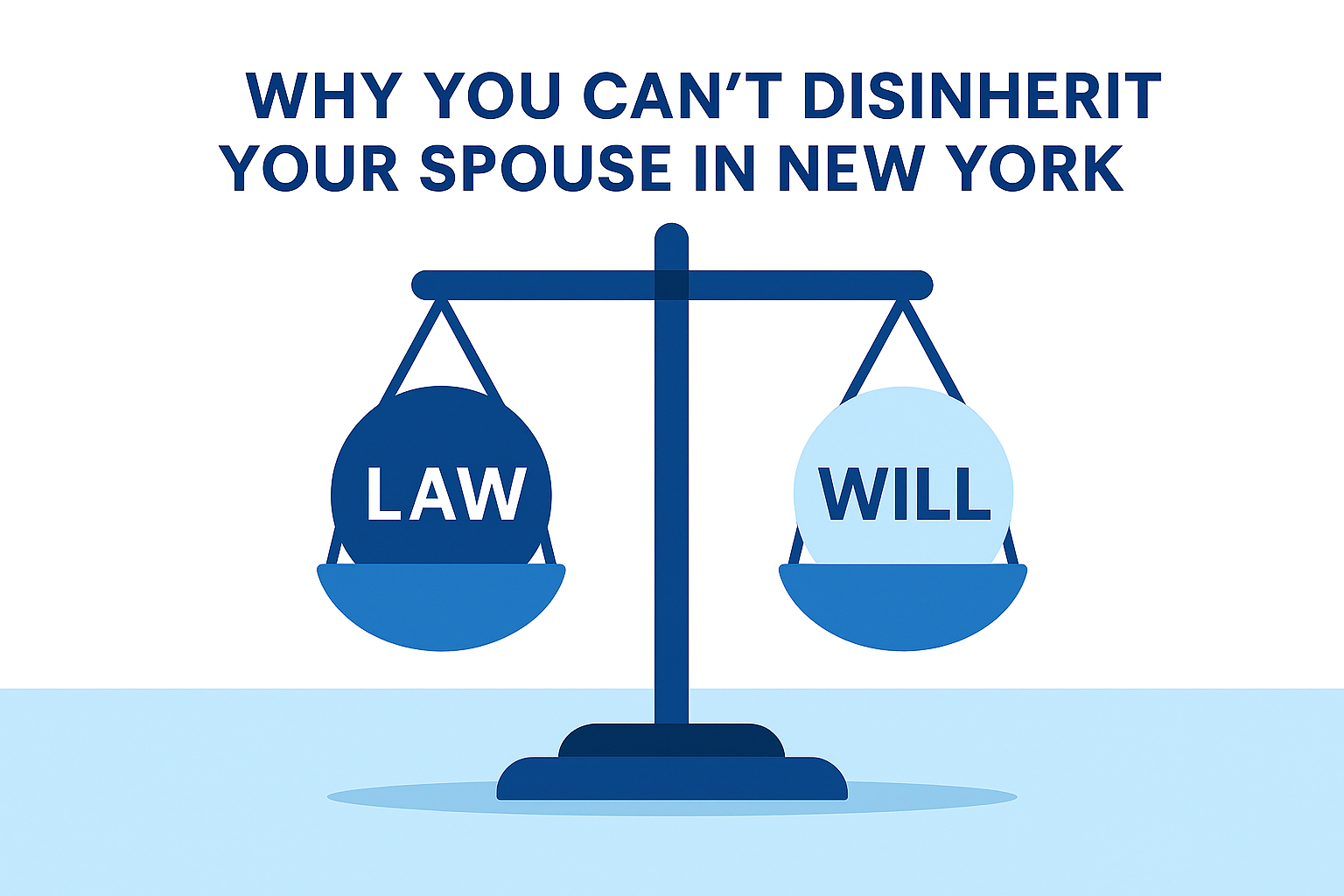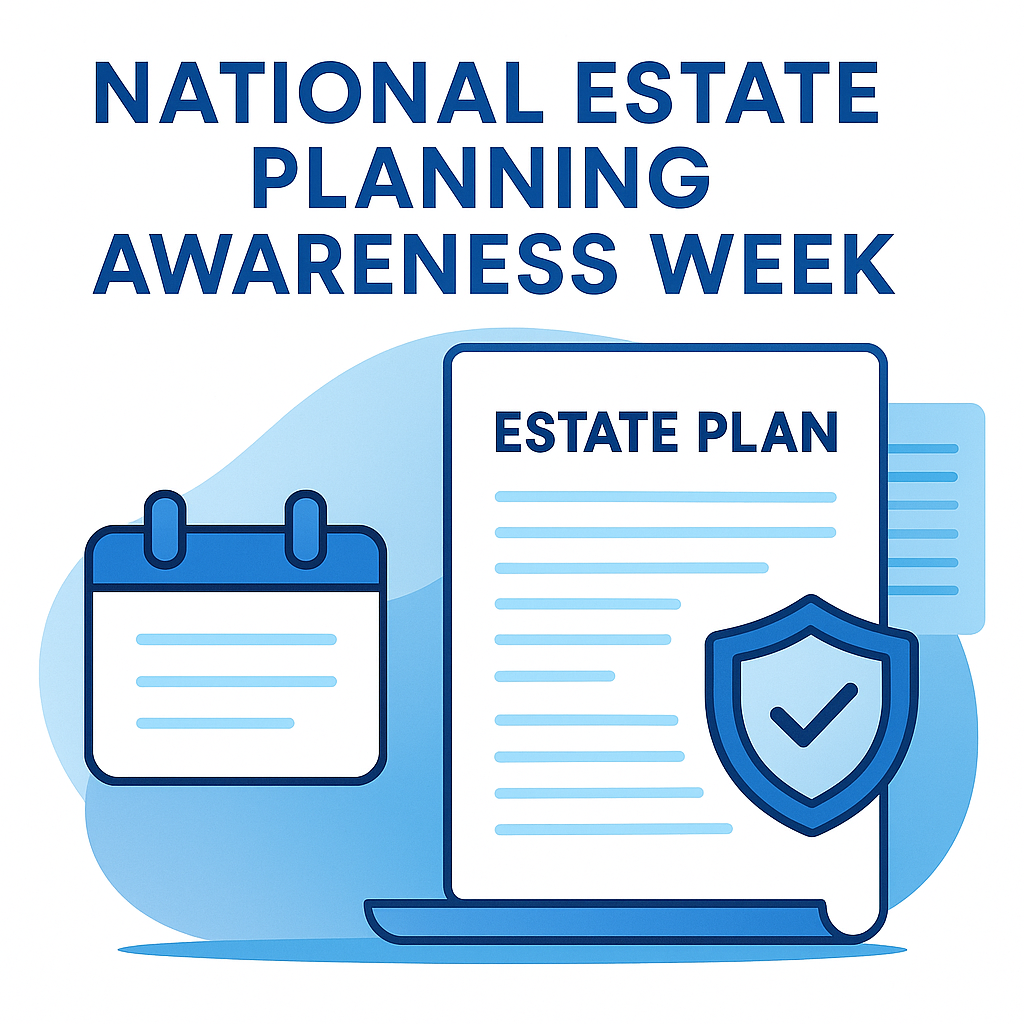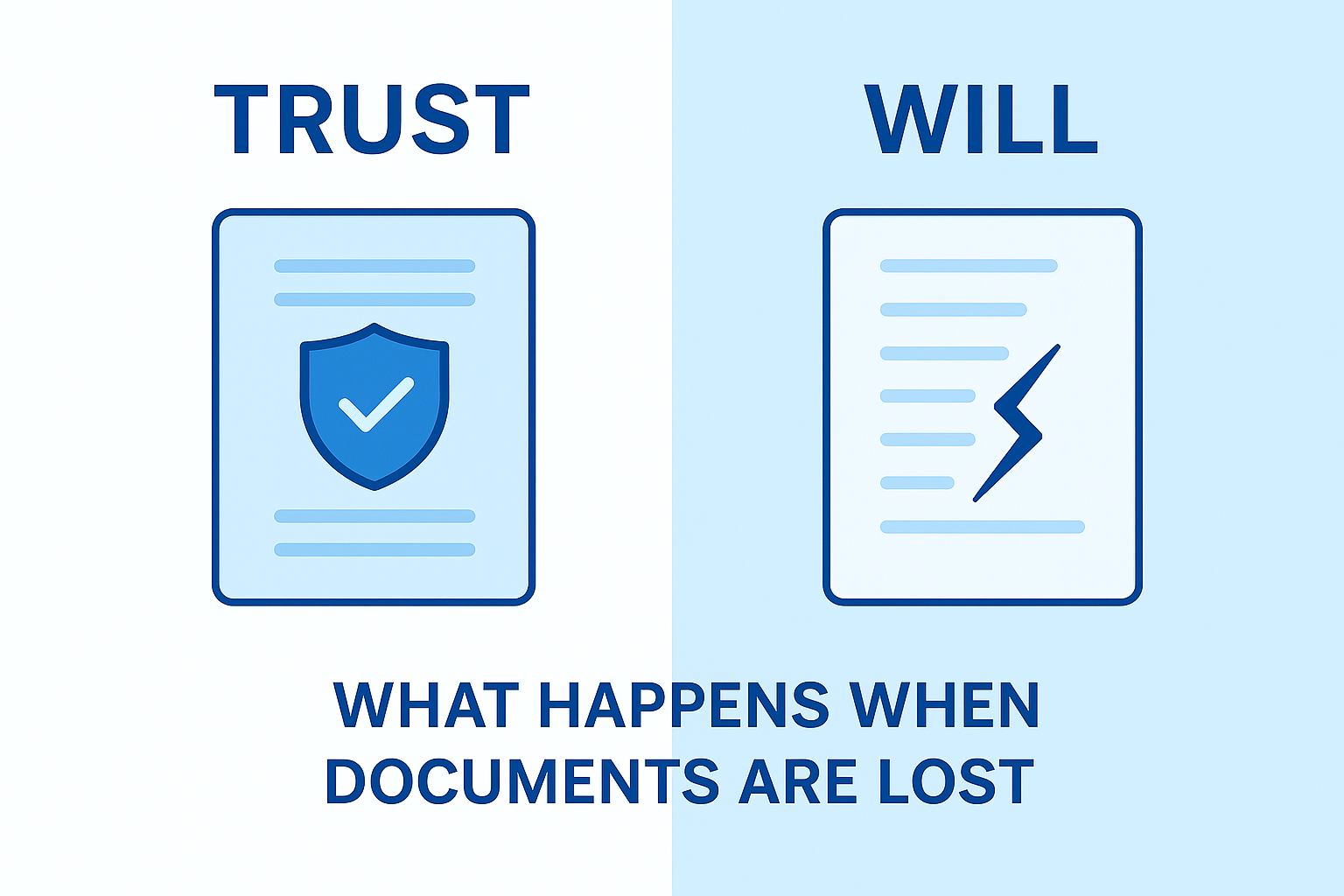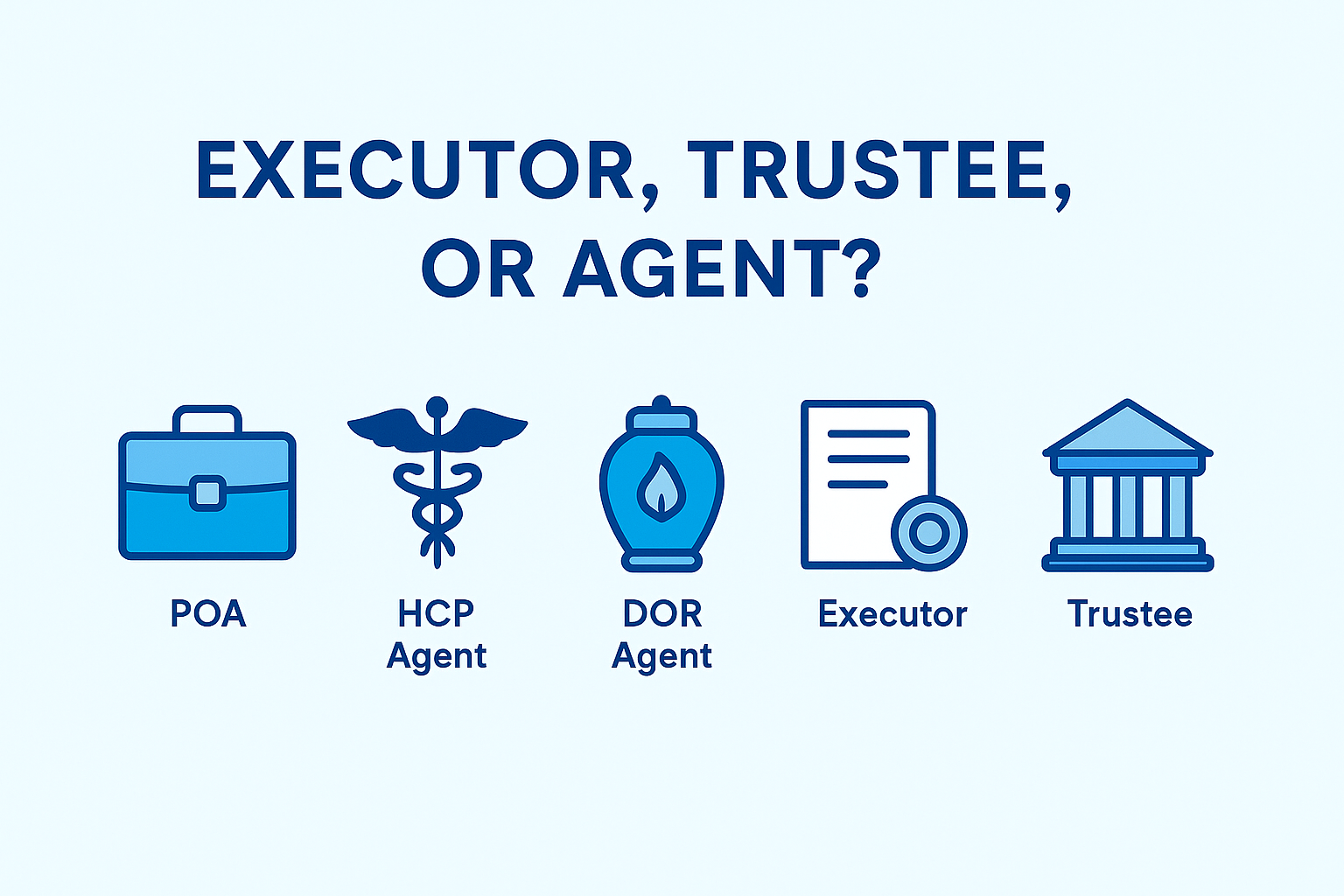How to Leave Money for a Special Needs Child Without Jeopardizing Their Benefits
A well-meaning gift or inheritance can unintentionally disrupt a special needs child’s eligibility for government programs like Supplemental Security Income (SSI) or Medicaid. Fortunately, there are effective estate planning tools that allow families to provide financial support while preserving those benefits. The key lies in using special needs trusts and other protected...
How to Leave Money for a Special Needs Child Without Jeopardizing Their Benefits Continue reading…

How to Talk to Your Family About Estate Planning Over the Holidays
A practical guide to having important conversations with the people who matter most.
Why the Holidays Are the Best Time for These Conversations
For many families, Thanksgiving is one of the few times each year when everyone is in the same place. Between shared meals and...
How to Talk to Your Family About Estate Planning Over the Holidays Continue reading…

Managing Digital Assets After Death: Practical Guidance for Families and Fiduciaries
How to locate, access, and protect a loved one’s online property under New York law.
The Challenge of Digital Estates
When a loved one passes away, locating their accounts and records is rarely straightforward — especially when much of their life existed online. Executors and administrators...
Managing Digital Assets After Death: Practical Guidance for Families and Fiduciaries Continue reading…
How Much Can You Leave a Non-Citizen Spouse Without Tax Consequences?
When one spouse is not a U.S. citizen, estate planning becomes more complex. U.S. tax law limits the amount that can be transferred to a non-citizen spouse without triggering estate or gift taxes. Understanding these limits and planning accordingly can help preserve more of your estate for your loved ones.
How Much Can You Leave a Non-Citizen Spouse Without Tax Consequences? Continue reading…

Why You Can’t Disinherit Your Spouse in New York (Without a Prenup or Postnup)
Understanding your spouse’s statutory right to a share of your estate — and how proper planning can help protect your intentions.
The Reality of Spousal Rights in New York
In New York, no one...
Why You Can’t Disinherit Your Spouse in New York (Without a Prenup or Postnup) Continue reading…
How to Navigate the Costs of Long-Term Care: Medicaid, Insurance, and More
Planning for long-term care isn’t something most of us want to think about, but in New York, the costs are hard to ignore. Nursing homes, assisted living, and even in-home support can quickly drain savings if you aren’t prepared. The good news is that there are ways to protect yourself and your...
How to Navigate the Costs of Long-Term Care: Medicaid, Insurance, and More Continue reading…

National Estate Planning Awareness Week: Why Every Family Needs a Plan
An estate plan is more than a set of documents — it’s a framework for protecting your wishes, your assets, and the people you care about.
Each October, National Estate Planning Awareness Week serves as a timely reminder of how important it is to have your legal and financial...
National Estate Planning Awareness Week: Why Every Family Needs a Plan Continue reading…

Don’t Lose the Trust Documents!
In estate planning, the paper you lose determines the outcome you get.
When clients think about “losing estate documents,” they often picture chaos — assets frozen, plans destroyed, and endless court battles. But the truth is more nuanced.
If you lose your original Trust, it’s usually...
Don’t Lose the Trust Documents! Continue reading…

What Does It Mean to Be an Executor, Trustee, or Agent?
Agents, Executors, Trustees — Explained Simply
When planning your estate, one of the most important choices you’ll make is who to appoint in key fiduciary roles. These people will make financial, medical, legal, and end-of-life decisions for you and your family — so it’s essential to understand what each...
What Does It Mean to Be an Executor, Trustee, or Agent? Continue reading…

Why Small Transfers Can Create Big Medicaid Problems
Transferring assets can have severe consequences for Medicaid eligibility in New York, especially when applicants are planning for nursing home care. Below is a comprehensive, expert-level guide about uncompensated transfers, providing practical options, tips for trust management, and current updates on home care Medicaid look-back requirements.
What Is an...
Why Small Transfers Can Create Big Medicaid Problems Continue reading…

